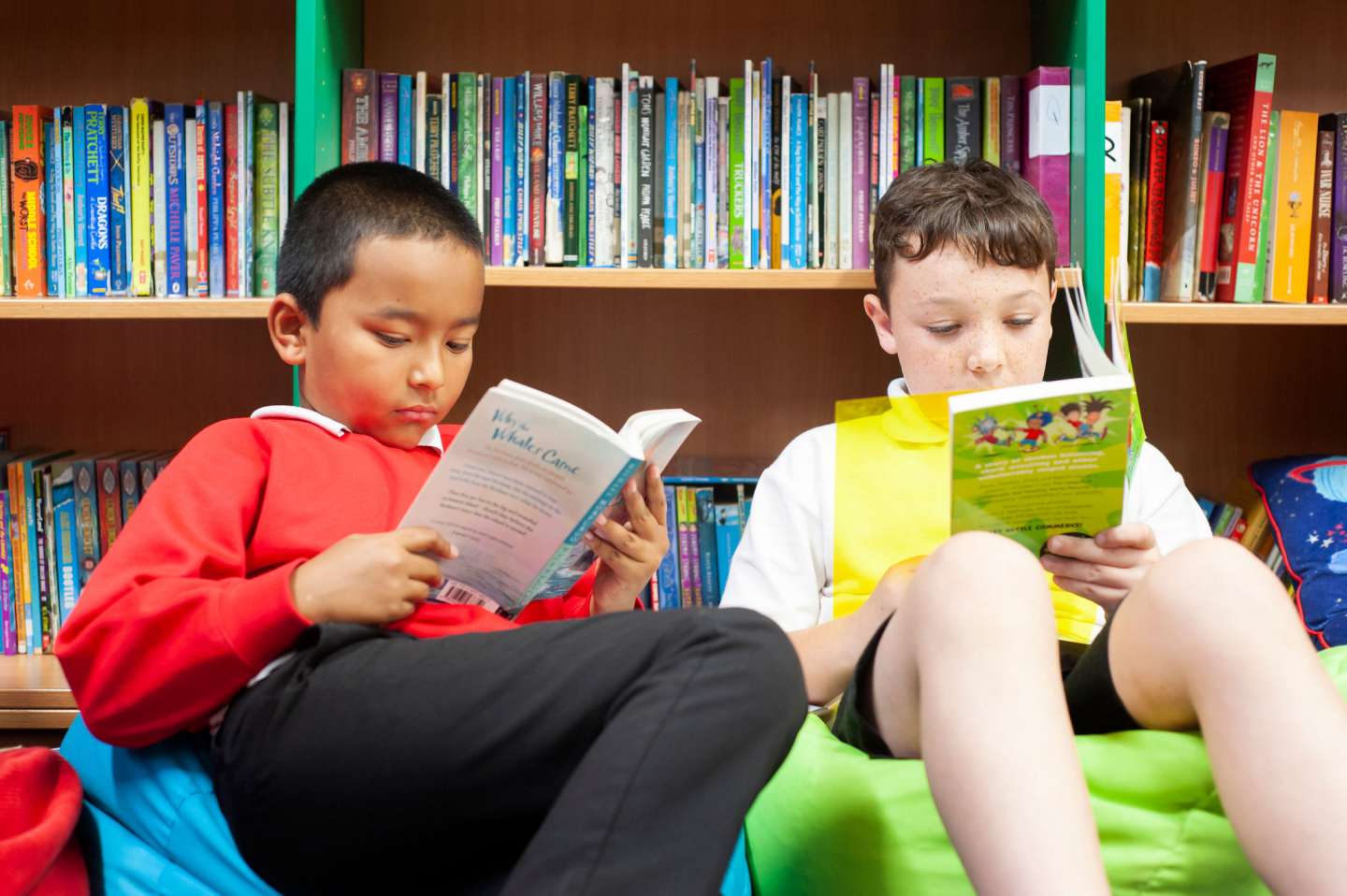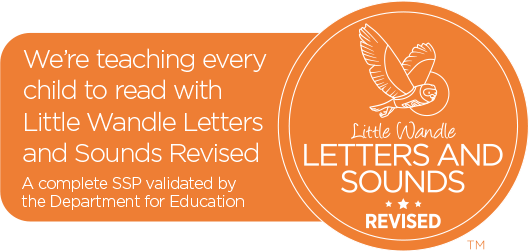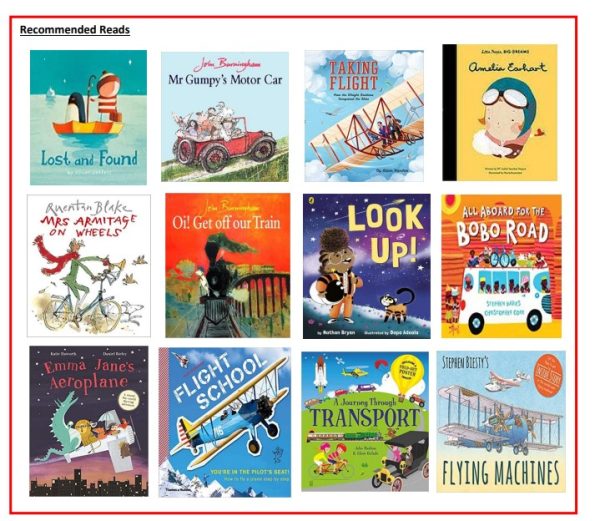
Reading has a high priority across the school and emphasis is placed on reading in all year groups from Nursery to Year 6. Parsloes Primary School is committed to ensuring that all children become fluent readers by the age of seven. This is achieved by teaching reading through a systematic synthetic phonics programme, Little Wandle Letters and Sounds Revised, and by immersing children in a range of high quality texts.

Reading is the door to creativity, to visualisation and to greater knowledge; it is the gateway to fantastic, impossible realms, planets and worlds. Research tells us that children who read for pleasure on a daily basis develop a wider vocabulary, greater general knowledge and a far better understanding of other cultures. It is perhaps one of the single most important factors in a child’s development. We therefore believe that it is every child’s right to learn to read, but we hope that our children go far beyond this to develop a true love and pleasure for reading.
At Parsloes Primary School, we are proud to foster a strong reading culture with reading at the heart of our bespoke curriculum. We believe that reading is the foundation for all learning, and this is reflected in all that we do.
From the moment children enter our school in the Nursery, they are immersed in high quality, representative texts. Our classrooms and reading environments are designed to spark a love for stories and language. All staff understand the importance of reading and promote reading for pleasure. This commitment to nurturing confident and enthusiastic readers ensures that every child leaves our school with a love of reading.

All teachers read aloud to their classes daily. We follow a reading aloud program called the Reading Spine, developed by Pie Corbett. Each year group has been assigned a range of high quality texts for reading aloud. By the time they leave our school, children will have had around 70 ‘essential reads’ read to them, creating a living library inside their mind.
At Parsloes Primary School, we follow Little Wandle Letters and Sounds Revised, a systematic, synthetic phonics programme, to teach children to read. Children from Reception to Year 3 are taught in small groups with a fully trained adult. In these sessions, children build their decoding skills, expand their vocabulary, learn to read with expression and develop their comprehension. In Reception and Key Stage One, the children work with decodable books linked to their phonic knowledge before moving on to high quality texts linked to their curriculum work in Key Stage Two.
In Year 4 there is a move to whole class teaching. These sessions incorporate a range of different reading approaches, including Fluency, Extended Reading and Close Reading. A range of texts and extracts are used within these lessons; all of which have been purposely chosen and are of a high-quality.
At Parslos Primary School, we recognise the important contribution parents and carers play in their child’s reading journey. Therefore, we encourage you to read daily with your child at home with the minimum expectation being that your child’s reading record is signed three times a week. In the early stages of learning to read, your child will bring home a decodable book linked to their phonic knowledge. Once they are more fluent, they will move on to the Accelerated Reader program. Alongside this, they will bring home a library book. This book is not matched to their reading level and is instead chosen to develop your child’s love of reading. We encourage you to read and share this book together.
Accelerated Reader is a computer program that allows us to manage and monitor your child’s independent reading. Each pupil selects a book at their reading level and then completes an online quiz once they have finished reading it. These quizzes allow us to check that children understand what they have read. Through their participation in Accelerated Reader, pupils can build up points for a range of rewards.
As well as reading in their English and Reading sessions, children often read texts related to the wider curriculum theme. This ensures that the children continue to have exposure to high quality texts that can inform their learning in the foundation subjects. The school also has a bank of high quality non-fiction texts that can be accessed during curriculum lessons.
Alongside this, our half-termly curriculum overviews include recommendations of high-quality texts to help children pursue their learning further. All recommended texts have been carefully selected to ensure quality.

